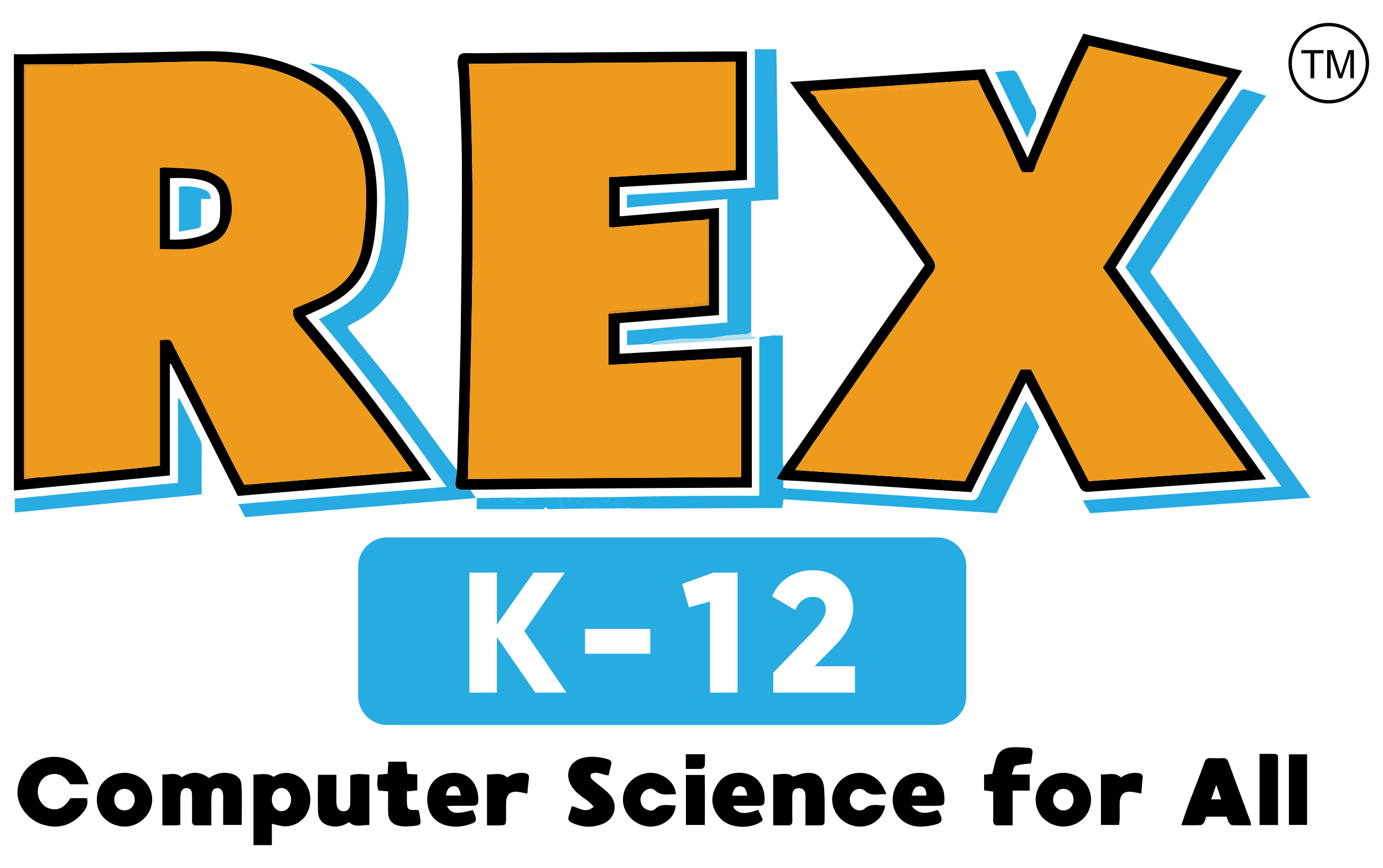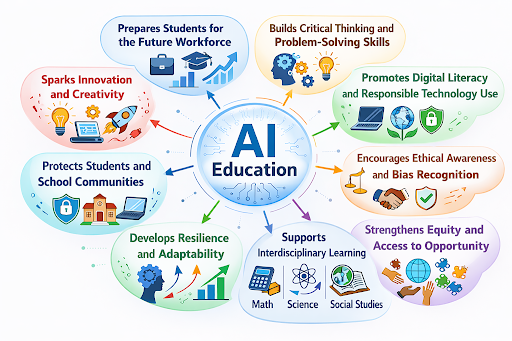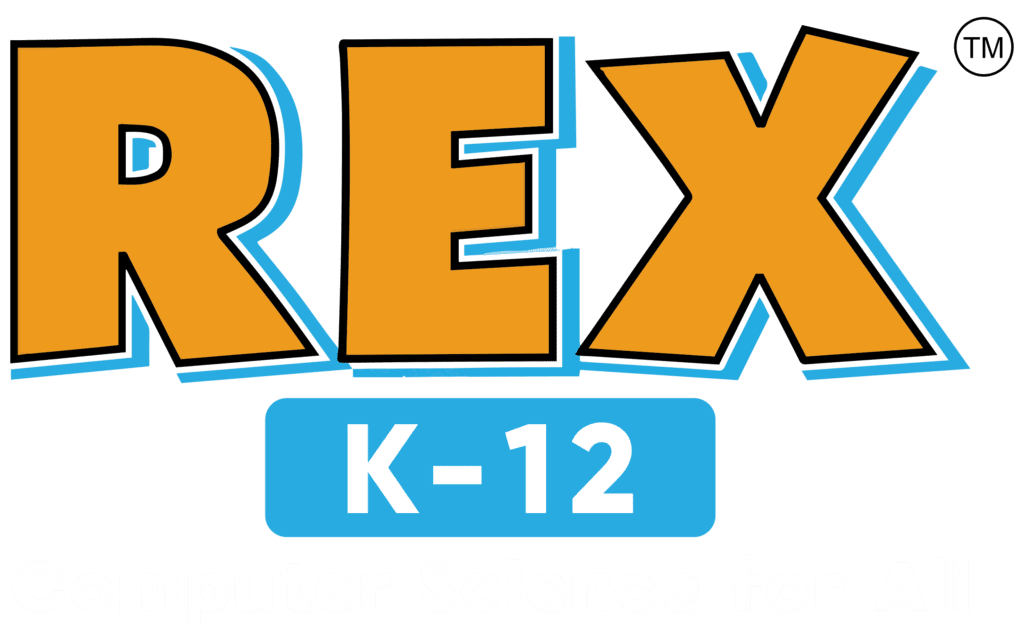Why Pedagogy Matters in AI Education
Laying the Groundwork at Rex K–12
In today’s fast-moving world of education and technology, one truth remains clear: how we teach is just as important as what we teach.
At Rex K–12, we’re pioneering the integration of Artificial Intelligence (AI) across the entire K–12 spectrum—not as a flashy trend, but as a foundational skill for the future. But our approach goes deeper than tools and platforms. It’s grounded in what we believe is the heart of great teaching: pedagogy—the science, art, and intentional practice of how students learn.
This post kicks off our six-part series on the role of pedagogy in designing AI curriculum for K–12 learners. From kindergarteners sorting objects to high schoolers debating algorithmic bias, our approach is developmentally aligned, equity-centered, and always rooted in strong teaching.
What Is Pedagogy?
At its core, pedagogy is the intentional design of learning experiences. It includes:
- Instructional strategies like inquiry, storytelling, or project-based learning
- Learning theory, including cognitive development and constructivism
- Classroom culture that fosters curiosity, safety, and collaboration
- Assessment that informs instruction and growth
- Equity and inclusion to ensure every student has access and voice
At Rex K–12, pedagogy is our compass. It shapes how we teach AI concepts and how students engage with them meaningfully.
Why Pedagogy Is Essential in AI Education
Teaching AI is more than teaching tools. It’s about building computational, ethical, and human-centered thinking. That requires more than content—it requires thoughtful teaching.
1. AI Concepts Can Be Abstract
Pedagogy helps break down complex ideas—like neural networks or data bias—into developmentally appropriate activities:
- Kindergarteners might sort objects to explore classification
- Fifth graders might create decision trees using Scratch
- Tenth graders might analyze facial recognition bias
2. AI Is Interdisciplinary
AI connects to math, ethics, literacy, and social studies. Pedagogy helps us create cross-curricular lessons that make AI relevant and meaningful.
3. AI Education Must Be Inclusive
Without intentional pedagogy, AI education risks replicating existing inequities. We use pedagogy to:
- Scaffold learning for all levels
- Showcase diverse role models
- Challenge bias in both data and curriculum
Rex K–12’s Pedagogical Pillars for AI Curriculum
We ground our curriculum in five core pedagogical principles:
1. Developmentally Appropriate Design
We align content with each grade band’s cognitive and emotional development:
- K–2: Focus on play, classification, and storytelling — e.g., “How do we sort animals and robots?”
- 3–5: Emphasize exploration and inquiry — e.g., “Can a machine learn like we do?”
- 6–8: Prioritize collaboration, problem-solving, and ethics — e.g., “Can AI be fair?”
- 9–12: Center on critical thinking and real-world application — e.g., “Should AI be used in law enforcement?”
2. Constructivist Learning
Students learn by doing. Our curriculum supports hands-on experiences and iterative design. This includes:
- Building recommender systems
- Tinkering with tools like Scratch or AI for Oceans
- Following a build-test-reflect-revise cycle
- Using project-based learning to deepen understanding
3. Inquiry-Based Pedagogy
We start with questions that spark curiosity:
- “Can a computer really ‘see’?”
- “Why does YouTube recommend those videos?”
- “Is AI smarter than you?”
Students then form hypotheses, explore tools, investigate, and draw conclusions—mirroring real-world AI application.
4. Ethics and Human-Centered Design
Ethical thinking is embedded in every AI unit. Students engage in:
- Socratic questioning and discussion
- Perspective-taking through role-play
- Scenario analysis (e.g., “Should we use AI to decide who gets a job?”)
We also emphasize human-AI collaboration over replacement, helping students see themselves as users, critics, and creators of technology.
5. Culturally Responsive Teaching
Our content highlights stories and challenges from a wide range of communities and cultures. We intentionally feature:
- Case studies from rural and urban communities
- Examples from both Indian and American contexts
- Contributions from women and BIPOC leaders in AI
Pedagogy in Practice: Classroom Examples
Grade 2: Robot Friends
- Approach: Play-based and story-driven
- Activity: Program a Scratch Jr. robot to make friends by identifying patterns
- Outcome: Understand that machines learn from data
- Assessment: Students create visuals showing “good” and “bad” datasets
Grade 6: Is This Fair?
- Approach: Inquiry-led and discussion-based
- Activity: Use an AI facial classification game and analyze its limitations
- Outcome: Recognize bias in datasets
- Assessment: Reflection journal on how the AI could be improved
Grade 10: AI and Justice
- Approach: Interdisciplinary and civic-minded
- Activity: Research predictive policing and simulate a school board debate
- Outcome: Analyze pros and cons of public-sector AI
- Assessment: Position paper and debate presentation
Building Teacher Capacity
Great curriculum depends on great teachers. That’s why we invest in:
- Ongoing professional development in UDL, PBL, and culturally responsive teaching
- Detailed facilitation guides and flexible lesson plans
- Collaborative communities of practice for educators
We don’t just hand teachers a curriculum—we support them in mastering the pedagogy behind it.
Final Thoughts: Pedagogy Is the Foundation
In a world where AI is evolving rapidly, it’s tempting to focus only on tech tools. But at Rex K–12, we believe the most powerful factor in any classroom is a well-prepared teacher.
By grounding our AI curriculum in strong, inclusive, and future-focused pedagogy, we’re helping students become not just coders or users of AI—but thoughtful, ethical, and empowered leaders of tomorrow.














